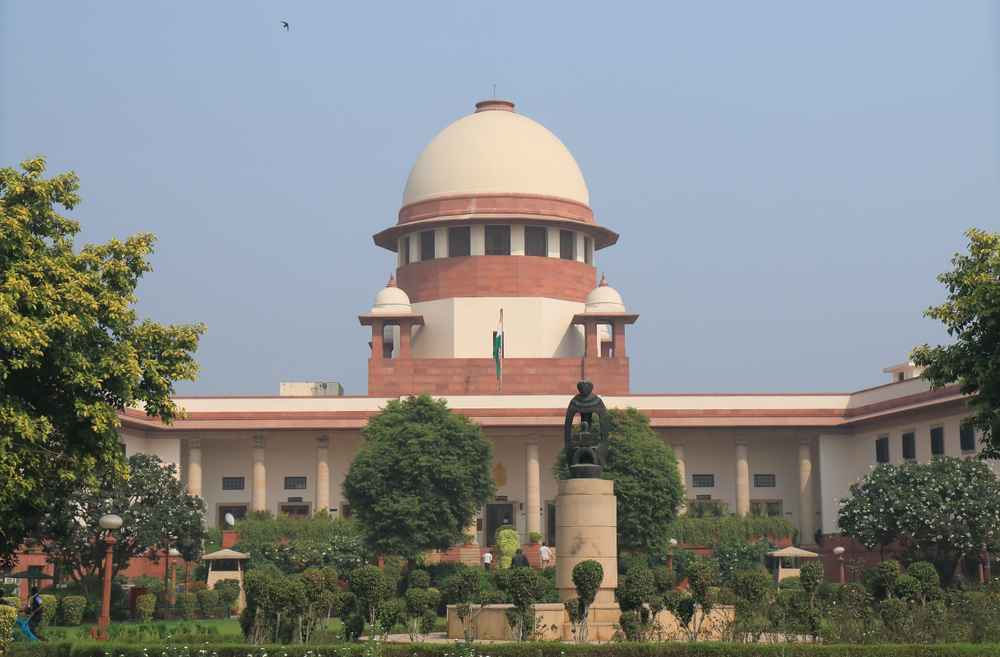Public service must be free of the wart of avarice. The Supreme Court has reminded the nation of this important caveat in a directive that has widened the ambit of the Prevention of Corruption Act to include officials and trustees of deemed universities. An exemption had been granted earlier by the Gujarat High Court in a judgment that argued that these personnel ought to be exempt from prosecution on account of the fact that they, unlike officials of government universities, serve an institution that is neither a government entity nor a public sector undertaking. While rejecting this argument, the apex court has chosen to focus not on the position of an official but on the nature of service. The wise judges have pointed out that a deemed university, much like State institutions, renders a service that is essentially public in nature and, thus, must be bound by the same regulatory checks and balances. This accountability, the highest court said, is crucial to building trust between people and institutions. This, indeed, is an important observation in the context of a democracy such as India’s. There have been persistent murmurs in recent times of a trust deficit between citizens and institutions integral to the democratic set-up. One way of addressing this worrying gap is to root out transgressions such as corruption within public bodies. The Supreme Court bench has expressed its satisfaction on the stringency of anti-graft legislations. But it also acknowledged the collective perception of the poor, patchy implementation of these regulations. This shortcoming, too, must be addressed urgently. The onus, in this context, cannot be on the courts that have, over the years, served as a bulwark against corruption. It is the government and its regulatory apparatus that must swing into action.
There is a case to extend the court’s wisdom in another direction. As functionaries tasked with the responsibility of discharging a crucial public duty — broadening the horizons of young minds at a time of unprecedented bigotry — universities must be freed from the scourge of political meddling. The whittling down of the autonomy of institutions by governments should be viewed as a public nuisance. That is not all. Cleanliness is understood quite literally by the public discourse. But it has a deeper meaning. The cleansing of institutions through the purging of corruption is fundamental to the health of a democracy.











